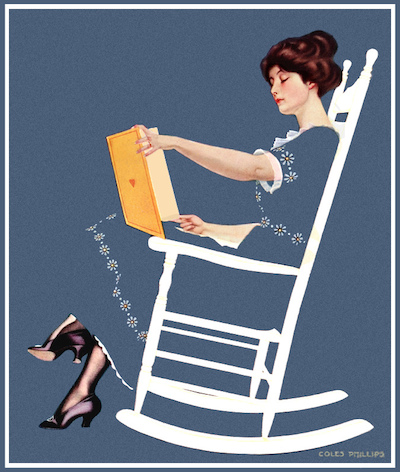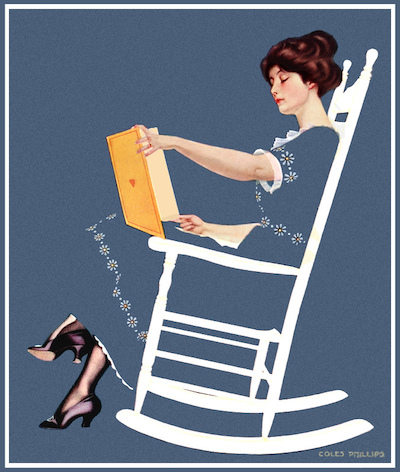 Football players have been in the news a lot this fall and mostly for the wrong reasons. A string of high profile domestic abuse and child abuse cases has left many observers wondering about the present and future of the National Football League. Luckily, some great journalists and organizations have given platforms to players and former players and I have appreciated hearing from them. I’ve chosen just a few of the many public contributions to share with you today. These three athletes are a great reminder that as physical as sports are, they are equally a mental pursuit. It’s a mistake to think that just because a football player can run through a brick wall that they think like a brick wall.
Football players have been in the news a lot this fall and mostly for the wrong reasons. A string of high profile domestic abuse and child abuse cases has left many observers wondering about the present and future of the National Football League. Luckily, some great journalists and organizations have given platforms to players and former players and I have appreciated hearing from them. I’ve chosen just a few of the many public contributions to share with you today. These three athletes are a great reminder that as physical as sports are, they are equally a mental pursuit. It’s a mistake to think that just because a football player can run through a brick wall that they think like a brick wall.
Take Him Off the Field
Chris Carter on ESPN NFL Countdown
Former wide receiver Chris Carter was impressive on television discussing the Adrian Peterson child abuse case. He two best points were that taking a player off the field is really the only way to adequately punish him and that tradition is no excuse for wrongdoing.
Looking Through Bulletproof Windows
William Gay for The MMQB
On the subject of domestic abuse, there could be better voices out there, but there’s none more immediately relevant than an active NFL football player who volunteers regularly at a shelter for victims of domestic abuse and whose mother was killed by his stepfather. William Gay is all of those things and an effective writer as well. Here he is on the balance between punishment and assistance:
A lot of people have asked me for my thoughts about the Ray Rice situation. They want to know if I think the punishment has been fair. With all due respect to the commissioner, I couldn’t care less about what the punishment was. My concern is not about how many games Ray Rice is going to play or not play. This isn’t about games or football; it’s about the bigger picture. It’s about life itself…
If we’re going to fix this problem in the NFL, our focus can’t be solely on what the punishments should be. The main priority needs to be helping victims—to show them how they can be heroes. The league needs to be asking, Why is this occurring? And how can we help prevent this? The NFL needs to focus on setting up programs that can help men and women have healthy relationships.
The NFL Made Me Rich. I Won’t Watch It Now.
Anna Sale for Death, Sex & Money on WNYC
Death, Sex & Money is an excellent weekly interview show on WNYC. Its title is a clever reference to a cliché about the only inevitable things in life being death and taxes. The NFL is nowhere near as inevitable as death, sex, or money but during the past decade, during football season… it has been right up there! Now, due to an increasing reluctance among its audience for its violence on and off the field, many are wondering whether they will keep following it. With that uncertainty as the backdrop, Sale interviewed former player Dominique Foxworth about his experience in college football and the NFL and his reflections on it now that he has retired and graduated from Harvard Business School. We’ll cut into Foxworthy answering a question about the end of his career. He retired the fall after participating in a collective bargaining negotiation as president of the NFL Players Association:
I just participated as the president in the negotiations for the collective bargaining, the most recent collective bargaining agreement, and I sat across the table from the owners of the teams and negotiated over the ten billion dollars the NFL was supposedly making. And days later, I was on the practice field. Like, sweating and listening to coaches yell and all that, and that—at this point in my life, I felt more comfortable at the table than I did on the field. It didn’t feel like—I went from the top of the totem pole to the bottom. We get paid well because the talents that we have are so rare. But you’re still the labor.
Do you enjoy watching football now?
Nope.
No? Do you just not watch?
Nah. I have a hard time watching injuries. It’s difficult for me to watch guys get knocked unconscious. The strategy and the mental part of football, I still love. It’s a lot more like chess, and these calculated decisions, than these other sports are. And I love that about football, and I love that about business, and I love that about chess. But, the play-by-play guys don’t know what they’re talking about, which is shocking considering there’s so many ex-athletes, and maybe they just simplify it for the sake of the common fan, but I can’t listen to them. Most of them. because they don’t know what they’re talking about, and it makes it hard for me to watch, like, no that’s wrong. And I want to see the entire field, so I can, like, really analyze the chess match. TV copy, I can’t—the angles that they have, what I enjoy about football, I can’t see.

